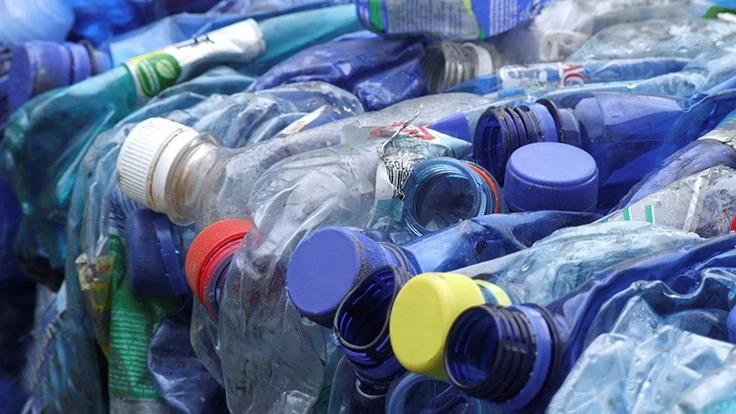
The Association of Plastic Recyclers (APR), Washington, will unveil the initial phase of its effort to provide packaging manufacturers the ability to assess the sortability of their products in the waste stream at its member meeting, June 5-7, in Houston.
APR says it initiated the sortation potential protocols to address the issue of how packages and containers of all material types flow through a typical material recovery facility (MRF).
“We continually get questions about whether or not a certain type of package is recyclable,” says Steve Alexander, president and CEO of APR. “An integral step in determining recyclability is assessing whether or not the article can be sorted properly. If it cannot be successfully sorted, it won’t make it to the recyclers and will most likely end up in the landfill.”
APR says its definition of “recyclable” is based on three factors: access to recycling programs, successful sortation and the ability to be processed into a new material. Although these protocols assess the sorting potential of a package, the company says additional components or features must be tested before the material is considered recyclable.
“A typical MRF includes size screens, NIR (near-infrared) sortation and magnets,” Alexander says. “These tests address each of those steps in the sortation process. We are currently developing another protocol to assess how compressed plastic items flow through a MRF. We hope to announce that test in October.”
According to APR, the development of the sorting potential protocols is part of its ongoing effort to ensure “The APR Design Guide for Plastics Recyclability” remains the most comprehensive resource outlining the plastics recycling industry’s recommendations in the marketplace today.
“Recycling is a complicated industry,” says Scott Saunders, board chair of APR and general manager of Troy, Alabama-based KW Plastics Recycling. “Unfortunately design innovations often affect recyclability, but more specifically, the ability for that package to be properly sorted at the MRF. These new protocols allow designers to make that determination early in the process, and more importantly, these protocols are material neutral. Because the sortation potential of any type of material can be assessed, the entire sortation and recycling industry can benefit from their utilization.”
As an international trade association representing the plastics recycling industry, APR’s membership includes independent recycling companies of all sizes, consumer product companies, equipment manufacturers, testing laboratories, organizations and others committed to plastics recycling.
Latest from Recycling Today
- Phoenix Technologies closes Ohio rPET facility
- EPA selects 2 governments in Pennsylvania to receive recycling, waste grants
- NWRA Florida Chapter announces 2025 Legislative Champion Awards
- Goldman Sachs Research: Copper prices to decline in 2026
- Tomra opens London RVM showroom
- Ball Corp. makes European investment
- Harbor Logistics adds business development executive
- Emerald Packaging replaces more than 1M pounds of virgin plastic





